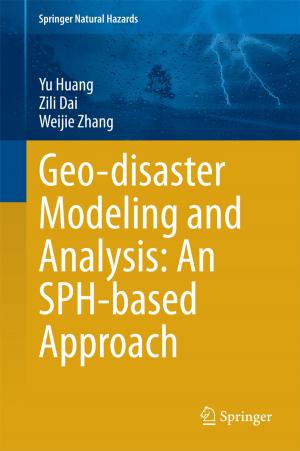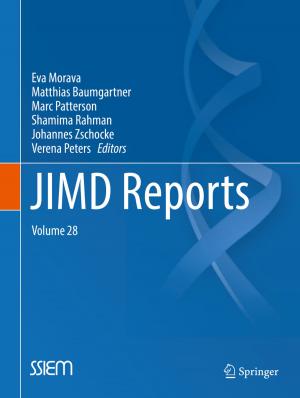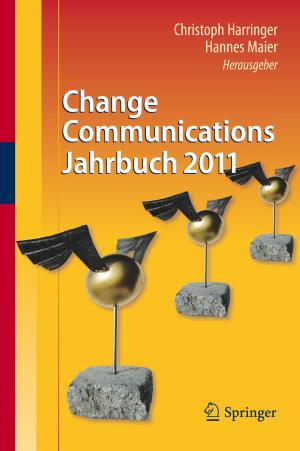Knowledge-creating Milieus in Europe
Firms, Cities, Territories
Business & Finance, Economics, Urban & Regional, Nonfiction, Social & Cultural Studies, Social Science| Author: | ISBN: | 9783642451737 | |
| Publisher: | Springer Berlin Heidelberg | Publication: | August 26, 2015 |
| Imprint: | Springer | Language: | English |
| Author: | |
| ISBN: | 9783642451737 |
| Publisher: | Springer Berlin Heidelberg |
| Publication: | August 26, 2015 |
| Imprint: | Springer |
| Language: | English |
This book introduces a radically spatialised approach to knowledge creation and innovation. Reflecting on an array of European urban and regional developments, it offers an updated notion of milieu as the conceptual and material space of knowledge and innovation in line with the interpretative turn in social sciences and humanities. In view of the unwillingness of mainstream economics to accommodate such a trend, the authors pursue a broadly understood hermeneutic approach that expands on the triad of knowledge-space-innovation. The book’s main findings are that space is an essential intermediary in the connection between knowledge and innovation, and that a renewed notion of milieu provides the knowledge-space-innovation triad with both an analytical basis and operational power. It also offers fresh insights into the significance and potential of the knowledge economy. A number of empirical European case studies on various scales (organisations, cities and territories) support the findings and suggest new policy directions.
This book introduces a radically spatialised approach to knowledge creation and innovation. Reflecting on an array of European urban and regional developments, it offers an updated notion of milieu as the conceptual and material space of knowledge and innovation in line with the interpretative turn in social sciences and humanities. In view of the unwillingness of mainstream economics to accommodate such a trend, the authors pursue a broadly understood hermeneutic approach that expands on the triad of knowledge-space-innovation. The book’s main findings are that space is an essential intermediary in the connection between knowledge and innovation, and that a renewed notion of milieu provides the knowledge-space-innovation triad with both an analytical basis and operational power. It also offers fresh insights into the significance and potential of the knowledge economy. A number of empirical European case studies on various scales (organisations, cities and territories) support the findings and suggest new policy directions.















